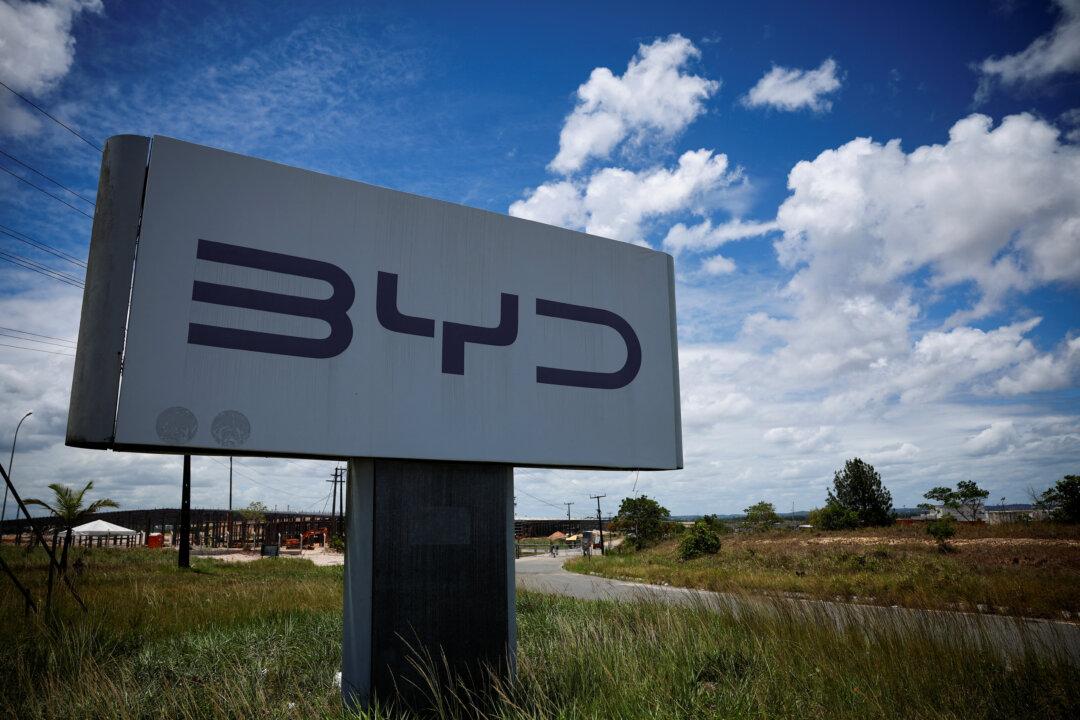Brazil’s Public Ministry of Labor (MPT) said on Dec. 23 that it had rescued 163 Chinese workers who were living in conditions akin to slavery while building electric vehicle manufacturer BYD’s first factory in the country.
The Chinese company is building a factory at Camaçari near Salvador in Bahia state, which was due to open in March 2025.





